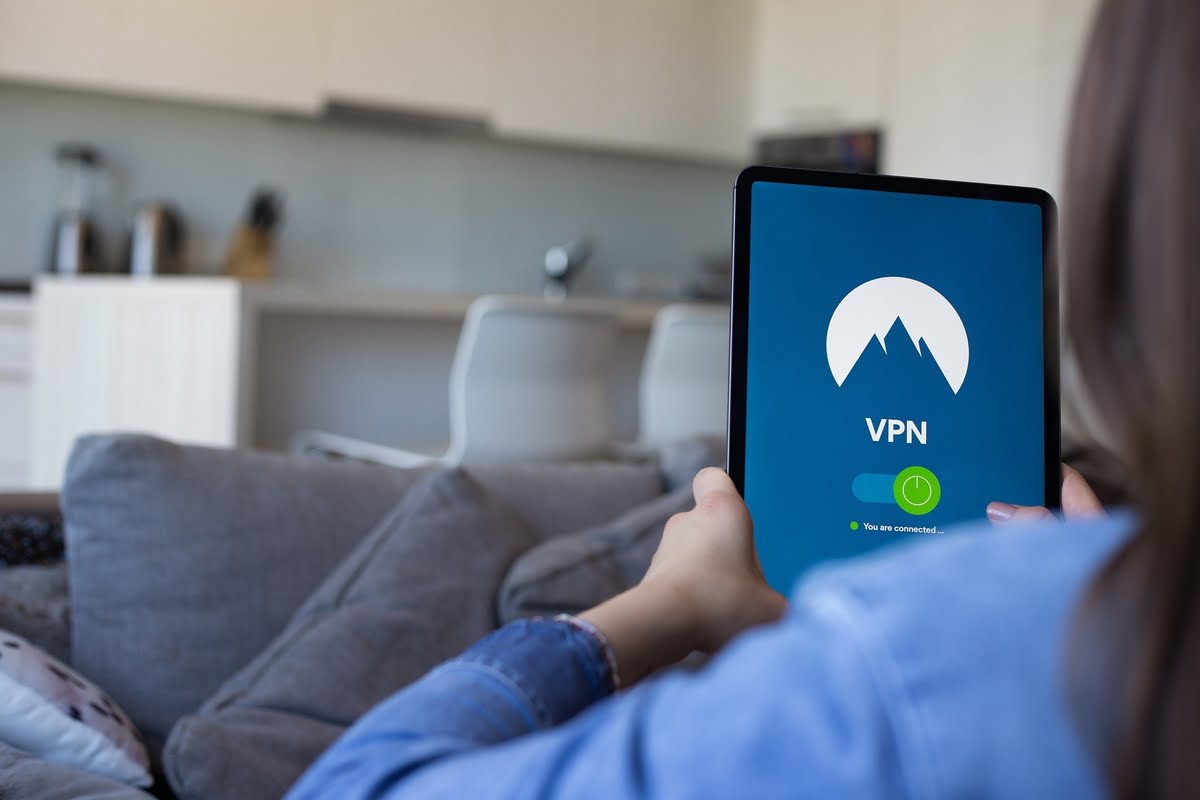Private Relay Shares Similarities with Traditional VPN
Apple, an American company focusing on consumer electronics on Monday at its annual worldwide developers conference (WWDC) unveiled iOS 15, iPadOS 15, macOS Monterey and WatchOS 8 featuring “powerful new privacy protections.” The privacy protections unveiled by Apple on Monday include Private Relay, App Privacy Report along with enhancements to its Mail app enabling users to prevent senders from “knowing when they open an email.” The iPhone maker said that Private Relay is “built right into iCloud” with the service enabling users to “connect to and browse the web in a more secure and private way.” “When browsing with Safari, Private Relay ensures all traffic leaving a user’s device is encrypted, so no one between the user and the website they are visiting can access and read it, not even Apple or the user’s network provider,” Apple said in a release on Monday. With the Private Relay service, the Cupertino company said that the user requests are “sent through two separate internet relays.” Apple highlighted that the first relay assigns the user “an anonymous IP address that maps to their region but not their actual location.” Further, the second relay “decrypts the web address they want to visit and forwards them to their destination.” Gabriele Racaityte-Racai, communications manager at Surfshark told TelecomTalk that the Private Relay service unveiled by Apple is “not precisely a VPN service.” “A conventional VPN service like Surfshark masks IP addresses and lets users decide the location from where they want to connect to the internet,” Racai said in an email interview. “So, for example, if users want to access a geo-blocked website that is not allowed in their region, Apple’s Private Relay won’t be of any use in this case.” Markusson said that the Private Relay “in addition to being part of a paid package,” the service will “only work if you’re using Safari.” “While it could help prevent bad actors and advertisers from tracking your activities, its implementation is pretty limited,” Markusson said in an email interview. “A VPN such as NordVPN creates an encrypted connection between your device and a VPN server, thus securing your online activities and enhancing privacy.” The digital privacy expert at NordVPN said the “users can utilize” NordVPN and other traditional VPNs with “whatever browser they’re on, keeping” users “safe at all times.” “While there are similarities, when you turn on a VPN (Virtual Private Network) on your computer, smartphone, or tablet, it protects your data by putting everything you do online through a tunnel,” Markusson said. “And when you do things online using a VPN tunnel, nobody can see what you’re doing, which gives you an extra layer of security.”
Heavily Censored Areas Need VPN The Most: Racai
Markusson said that most people on the internet opt for a VPN due to the “location selection feature” with the digital privacy expert at NordVPN highlighting that these users will “continue to use VPNs.” Meanwhile, Racai highlighted that the Private Relay service will not be available in China for regulatory reasons.” “A conventional VPN, like Surfshark, doesn’t have any geographical limits, as people living in heavily censored areas are the ones who need VPNs the most,” Racai said. The communications manager at Surfshark also highlighted that the Private Relay service will not be available in other countries including the Philippines, Belarus, Colombia, Egypt, Kazakhstan, Saudi Arabia, South Africa, Turkmenistan and Uganda. “The vast majority of people who use VPNs to bypass the restrictions on the internet in their country won’t be able to do it with Private Relay,” Racai said. “As internet disruption or social media shutdowns have become knee-jerk responses to protests or civil unrest, especially surrounding major political shifts such as elections or nullifications of the laws, that’s a downside.”
